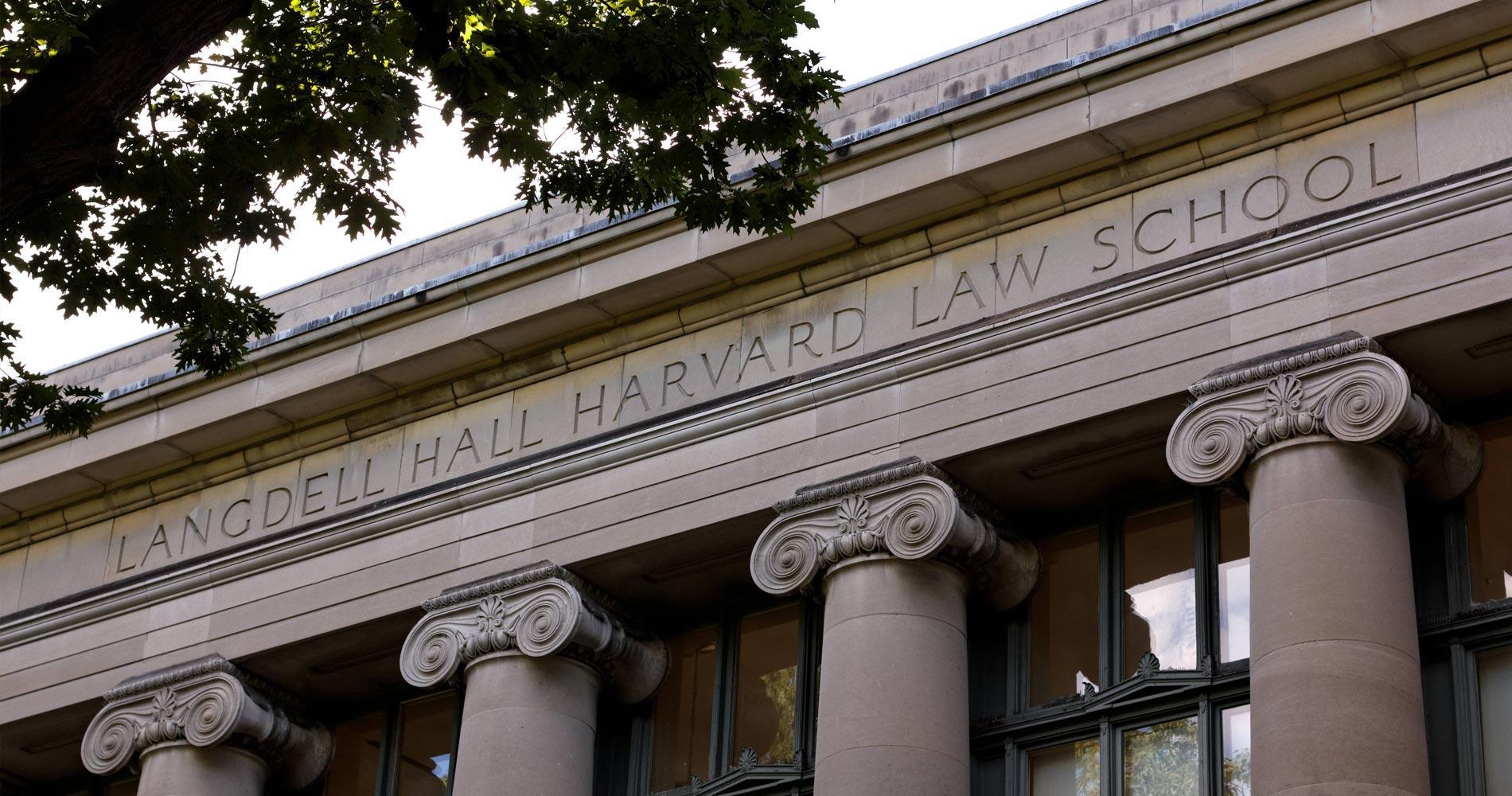What is happening to the First Amendment of the US Constitution? Ilya Shapiro, renown conservative constitutional scholar, gave iGlobenews an interview to discuss this issue and the dangers facing US law schools. Shapiro is a strong supporter of free speech. His new book “Canceling Justice: The Illiberal Takeover of Legal Education,” highlights the crisis facing higher education in America today.
Diana Mautner Markhof, 6 June 2023
Ilya Shapiro, Director of Constitutional Studies at the Manhattan Institute in New York and an adjunct law professor at George Washington University and the University of Mississippi, gave iGlobenews an exclusive interview to discuss challenges to the US Constitution and law school education in the US. Mr. Shapiro, a graduate of the University of Chicago Law School, is an expert in constitutional law. His new book “Canceling Justice: The Illiberal Takeover of Legal Education,” highlights the crisis facing higher education in America today.
Mr. Shapiro is a well-known conservative legal expert who is a sought-after interview partner for Fox News and the Wall Street Journal among others. His viewpoints are considered controversial by those on the left. But this has not stopped him from speaking out for what he believes in, especially after having experienced firsthand what cancel culture and DEI (diversity, equity, inclusion) do to those who have different views and dare to voice them. Shapiro is against cancel culture, warns of the left-wing or “illiberal” takeover of higher education and of the long-term effects this (left and right-wing) populist moment in US history.
Freedom of speech is the basis for democracy and Shapiro is a strong supporter of free speech as protected in the First Amendment of the US Constitution. He draws parallels to Mao’s China and Orwell’s vision in 1984. In the present “educational” climate, there is no discussion, no exchange of ideas, no finding of a middle ground. There is a climate of fear at US colleges and universities. Students and faculty are afraid to discuss their opinions openly for fear of retribution.
In his new book Shapiro outlines how the divisions in American society are affecting law schools and law school education. He characterizes what is happening in higher education as an ‘illiberal takeover’ in which the traditional values of higher education – truth seeking, free speech, civil and critical discussion of conflicting views, teaching and creating knowledge and due process – are replaced by a new ideology of radical orthodoxy. Students are no longer encouraged to ask critical questions and are not trained to discuss civilly with those who have different opinions. Instead, the ‘other’ is cancelled and silenced. Conservative voices are systematically banned from campus life or shouted down.
This trend is especially worrying for law schools where ‘the next generation of gatekeepers’ are being trained. “The climate on campuses across the US has changed” he says and in the same sentence commends his own law school, the University of Chicago (UofC), as an outlier. The UofC is still a place of higher learning which values and cultivates free speech and the open exchange of ideas. “Campus climate surveys show [that everyone is walking on] egg shells, you cannot discuss certain topics, let alone take certain positions which are politically incorrect. It is toxic, it is unhealthy. From the perspective of higher education, it is … the goal of law education to teach how to advocate for and see different perspectives.”
Critical legal studies, which arose out of Critical Race Theory (CRT) in the late 1980s early 1990s, has taken over legal education. Shapiro is not against discussing these ideas—what he opposes is that CRT has become dogma, where everything in our society is now seen through the lens of CRT. For many, this dogma has risen above the protection of the First Amendment. He says: “The problem is the growth of bureaucratic non-teaching structures, which preference ideological dogmas, [in] hiring, training, and campus culture. The bureaucratization of higher education has been captured by these post-modern illiberal trends, such as the shutdown of certain speakers.”
The debate over CRT is now raging across the US in K-12 education and has become a very hot political topic, with Republicans supporting a ban on CRT in K-12 education. CRT views everything from the “perspective of who is the oppressor and who is oppressed or who is more or less privileged”. It produces prejudice and distrust and divides rather than unites. Shapiro states that by controlling what words and points of view are socially acceptable, society is trying to control what people think. He draws a parallel to Kurt Vonnegut’s dystopian tale of Harrison Bergeron, where the quest for true equality ends up with people giving up their rights and their creativity, while all competition and the desire to succeed is stifled. The only people allowed to think are those in power. The tale of Harrison Bergeron is reflected in today’s society characterized by equity, cancel culture, quotas and woke ideology.
President Biden has issued Executive Orders on equity, to ensure that every government agency must determine how its policies/actions will impact equity, which means equality of outcome rather than equal opportunity. But this equalization of society is backfiring. By moving away from standardized tests such as the SAT and LSAT, underprivileged groups whom these tests were designed to help gain admission to better schools are being left out in the rain, since comparing GPAs is much harder than number scores from standardized tests.
The challenge to affirmative action at Harvard and the University of North Carolina, which is now before the Supreme Court and whose decision is expected in June 2023, will ultimately not change how universities admit students. Yet as Shapiro points out, “most Americans don’t go to college, so this is a conversation among elites.” The average American gets into the university he or she applies to. By expanding the idea of qualification or merit to include race, objective measures of excellence and fairness are left behind. All that matters is the correct social balance.
While China is building bridges, forging alliances, and looking to expand its position as a great power, the US is focused on itself. The “cultural war is already weakening the US. … More and more people do not believe in the American idea. … [it is] not good for the world at large for America to have this crisis of confidence.” This crisis has its roots in the deep-rooted division running through American society, through towns, institutions, and families. China is watching silently: ‘Never interfere with an enemy while he’s in the process of destroying himself.’ (Napoleon Bonaparte)







